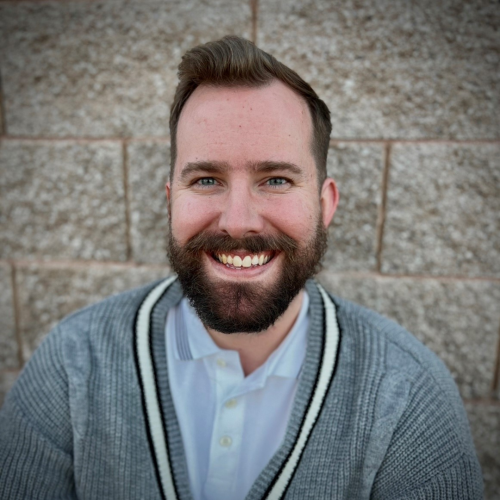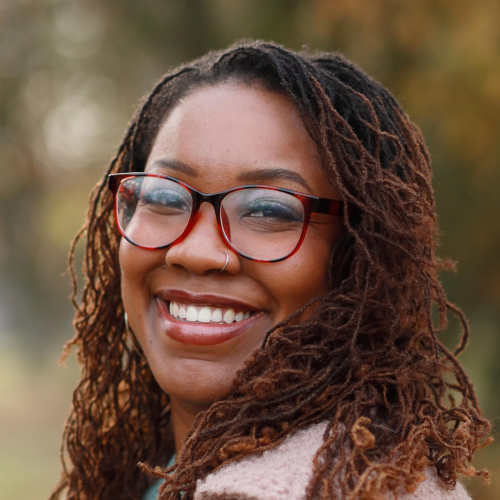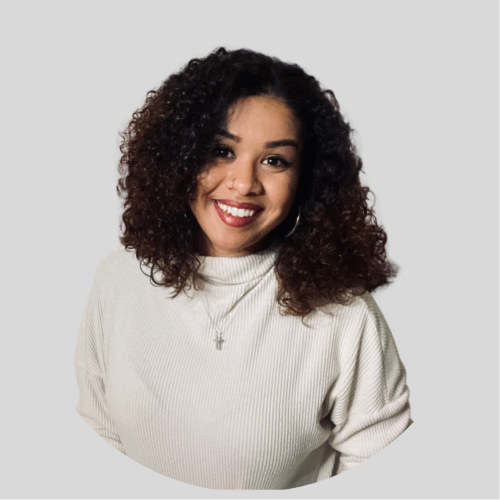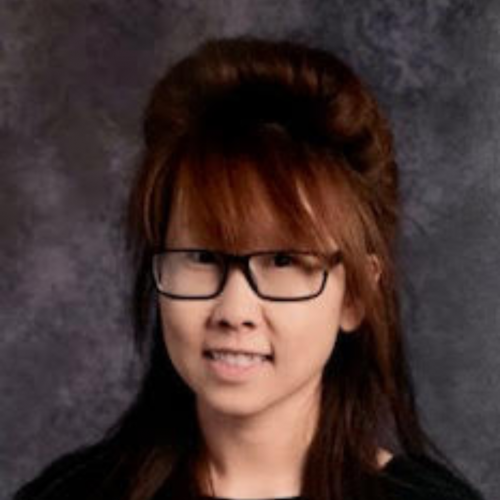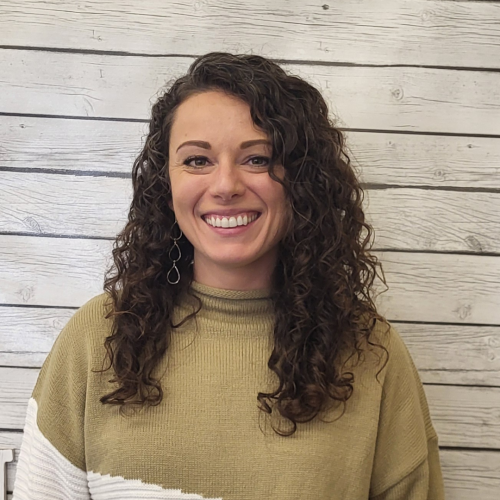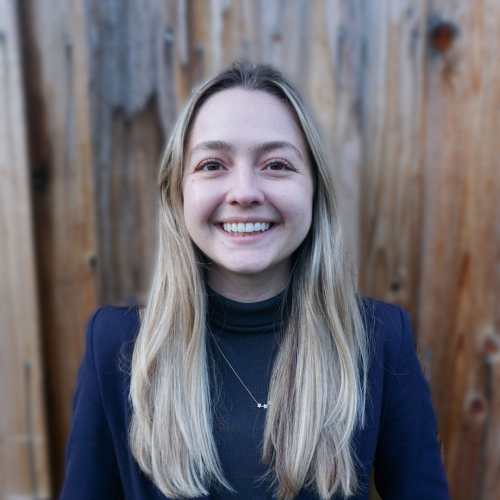Igniting & Enhancing Class Discussions Symposium
Inquiry-Informed Dialogic Teaching for Diverse ELA Classrooms
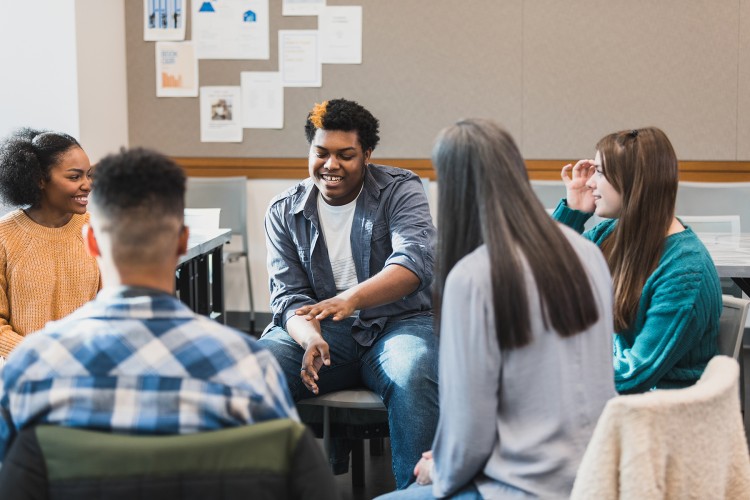 Saturday, April 27,
2024
Saturday, April 27,
2024
8:00 a.m. – 3:30 p.m.
UC
Davis International Center
A dynamic and enriching one-day event hosted by the School of Education’s Teachers as Learners program.
Workshops led by seasoned experts, including regional educators and UC Davis faculty, designed to enhance your ability to foster engaging, equitable, and thought-provoking conversations among your students.
Designed to empower secondary educators with tools and strategies to elevate class discussions, such as practical and conceptual insights, real-world examples, and interactive activities.
A day to connect with fellow educators, gain valuable resources, and leave inspired and equipped to take your class discussions to new heights. Please contact Pamela Erickson at padinsmore@ucdavis.edu, if you have any questions regarding registration.
Schedule
|
8:00-8:30 |
Check-in & Continental Breakfast |
|
8:30-9:30 |
Welcome & Introduction to Project, Full Team, and Goals for the Day Framing the Symposium: Inquiry-Informed Dialogic Teaching |
|
9:30-9:40 |
Short Break |
|
9:40-10:55 |
Session 1
Workshop B: Micro-Modes of
Discussion: Amplifying Diverse Voices within Larger
Lessons |
|
10:55-11:05 |
Short Break |
|
11:05-12:20 |
Session 2
Workshop B: Initiating &
Sustaining Class Discussions among Multilingual
Learners |
|
12:20-1:20 |
Lunch Break |
|
1:20-2:25 |
Session 3
Workshop B: Observe, Reflect, Act:
Fostering a Space for Equitable Classroom Talk |
|
2:25-2:35 |
Short Break & into Main Room |
|
2:35-2:50 |
Recap |
|
2:50-3:30 |
Closing & Raffle |
Workshop Descriptions
Unlocking Minds: Building a Dynamic Classroom Culture
of Discussion
This transformative workshop for English teachers explores the
incredible benefits of fostering a vibrant classroom culture of
discussion. Engage your students in meaningful dialogue, sharpen
their critical thinking, and boost their language proficiency. In
this workshop, you’ll learn innovative strategies to create an
inclusive environment where every voice is heard and valued,
enabling students to express their thoughts and ideas with
confidence. By the end of this workshop, you’ll have the tools
and techniques to inspire thoughtful conversations, deepen
comprehension, and create an intellectually stimulating
atmosphere in your English classroom.
Micro-Modes of Discussion: Amplifying Diverse Voices
within Larger Lessons
Time constraints, prep time, and student engagement are just a
few of the hurdles educators face when facilitating classroom
discussions. This session explores diverse “micro-modes” of
discussions with attention to how these can be used strategically
and often spontaneously to advance ELA goals within a larger
lesson. Attendees will leave the session with knowledge and
practical strategies of how to design for inclusion of varied
modes of discussion practices to support engagement, uncovering
the hidden gems of students’ diverse perspectives and voices.
Expanding Understandings of Dialogic Instruction:
Discussion as a Multifaceted Tool for ELA
Classrooms
Too often, class discussion within ELA classrooms is seen as a
tool for targeting listening and speaking skills only. This
session explores how classroom talk can be used to achieve
multiple ELA objectives, including assessing understanding and as
a pre-writing activity. Participants will unpack discussion
practices and activities for multiple ELA uses and will have work
time to design contextualized plans for their classroom.
Initiating & Sustaining Class Discussions among
Multilingual Learners
Currently, one in four students in the United States are
multilingual learners (formally known as English Learners) and
they are the fastest-growing group of students nationwide. This
workshop will focus on how to identify and meet the unique
classroom communication needs of multilingual learners (MLLs) so
that their voices and perspectives can be heard and included in
general-ed classrooms. Participants can expect to re-envision the
term “scaffolding” for discussion, learn effective dialogic
teaching strategies for language and ELA content learning, and
concrete scaffolded activities that can be immediately
implemented in culturally and linguistically diverse classrooms.
Fear Factor: “Controversy” in Discussion is Nothing
to Dread
Join us as we explore the nuances of redefining and navigating
so-called “controversial” topics in ELA Class Discussion. Through
interactive brainstorming, reflective exercises, and real-life
examples of tense classroom moments, we will collaboratively
determine the best pathways to overcome our discomforts while
leading “tough” discussions. Our objective is to empower
educators to facilitate successful ELA discussions while
maintaining student engagement and respect when addressing
“controversial” issues. Enhance your teaching (or teachers’)
toolkits and enable students to actively participate in critical
conversations in a content-focused and constructive manner.
Observe, Reflect, Act: Fostering a Space for
Equitable Classroom Talk
This session will provide space to explore both the why and how
of facilitating discussion that invites and values diverse
learners’ perspectives in secondary classroom discussions.
Attention will include equity concerns of whose voices are
heard/need to be heard. Participants will engage with (and apply)
current research on noticing for equity (observe, reflect, act)
and begin, or continue, the imperative internal and design work
needed to uplift these necessary student voices.
Teacher Partners Presenter Bios
|
Michael Hutchings is an English teacher at Franklin High School, Elk Grove, California, where he teaches English 12 and English 9 Honors. He also serves as a teacher mentor for Elk Grove Educators pursuing the clearance of credential in English Language Arts with the California Induction Program. |
|
|
Mariah Houston has been teaching English at Monterey Trail High School for the past 7 years. She currently teaches English 10 Honors and English 12 and works as a teacher mentor in the Elk Grove Unified School District’s Induction Program. |
|
|
Bianca Goodson has been teaching for 5 years at Smedberg Middle School where she is also the Athletic Director. Additionally, she has been the Black Student Union (BSU) advisor for 3 years, and received Sacramento’s Black Youth Leadership Project (BYLP) Teacher of the Year Award for 2023. |
|
|
Xeng Xiong has been teaching high school English for 10 years. She taught college preparatory English, ERWC, and AVID in Lodi Unified School District for 7 years before moving to Roseville Joint Unified High School District where she currently teaches college preparatory English and English Language Development. |
|
|
Samantha Pupo (nee Camblin) has been teaching for 8 years in Northern California schools (6 years at Dixon High School and 2 at Clayton Valley Charter High School). In her time as an educator, she has taken on numerous leadership roles, all relating to guiding fellow teachers toward integrating equitable practices into their classrooms with a general tendency to focus on English learners. |
|
|
Taylor Ferdinandsen has been teaching at Vacaville High School for six years, where she is the English department chair and ELD Coordinator. She teaches English 11 and English Language Development and serves as a teacher mentor to pre-service teachers for the UC Davis School of Education. |
About the Teachers as Learners Project
Facilitating meaningful, equitable ELA class discussions for culturally, racially, and linguistically diverse adolescents is challenging. As a collective of UC Davis faculty, researchers, and UC Davis Credential/MA program alumni, we have worked for 5+ years to design and study classroom practices to address this challenge. In addition to a diverse team of researchers, central to the project are the alumni, our Teacher Partners, now regional educators, whose perspectives have been vital to developing concepts and practices that are research and inquiry-informed, and field-tested. The Teacher Partners have presented guest workshops for the next cohorts of teacher candidates at UCD and have developed additional workshops for presentations in California. Our project has been funded by the James S. McDonnell Foundation 21st Century Science Initiative–Understanding Teacher Change and Teachers as Learners (Steven Athanases, PI — Grant 220020519).
Continuing Education Credit
You can earn one Continuing Education unit/credit for involvement (with some follow-up afterward) and the possibility for a second unit/credit if you wish to try out practices in a collective inquiry process in the Fall.
For additional information, please contact Dr. Sergio L. Sanchez at slsanchez@ucdavis.edu.
Questions?
For questions about our schedule for the day, topics or speakers, please contact Postdoctoral Researcher Sergio Sanchez, Teachers as Learners Project, UC Davis School of Education, at slsanchez@ucdavis.edu.
For questions about registration, the venue or dietary needs, please contact soeevents@ucdavis.edu.

